World Wide Web inventor predicts VR and spatial computing will transform the internet

Tim Berners-Lee made no mention of crypto or blockchain but seems bullish on the metaverse.

The man credited with creating the World Wide Web, Tim Berners-Lee, recently gave three predictions for the future of the internet as part of an interview discussing the Web’s 35th birthday. According to the tech pioneer, the next chapter of internet history will be defined by artificial intelligence (AI), virtual reality (VR) and a Big Tech reshuffle.
Speaking to CNBC, Berners-Lee said that trustworthy AI assistants would mark a turning point for interaction. “One of the things I predict,” said Berners-Lee, “is you will have an AI assistant, which you can trust, and it works for you, like a doctor.”
His second prediction is that humans will gain ownership of their data and that VR and spatial computing (essentially, being immersed in the metaverse) will become the go-to modality for using computers.
Per the CNBC interview:
“You can go do things with a VR headset, and then when you take the VR headset off, you could do it with a huge screen. And whenever you move, you can grab your phone and the experience will be as one. It should very smoothly go between different devices.”
The gist of this prediction is that spatial computing — movement in a physical space that correlates to action in the digital space — will supplant the keyboard, mouse and touchscreen paradigms.
While Berners-Lee didn’t mention Web3, cryptocurrency or blockchain tech during the published interview, metaverse and spatial computing technologies are intrinsically related.
His third prediction was that in the future, some agencies may work to break up Big Tech conglomerates. This might seem like a no-brainer to industry insiders, but Berners-Lee’s mention of it highlights the potentially precarious nature of even the largest corporation in the United States, as seen through the eyes of one of computer science’s most notable figures.
Interestingly, Berners-Lee’s first contribution to the invention of the World Wide Web came while working as a contractor at the European Organization for Nuclear Research, otherwise known as CERN, in 1980. In 1989, he implemented the hypertext network he’d created at CERN with a networking protocol (TCP) and a domain name service (DNS) to create the skeleton of what would eventually become the World Wide Web.
Related: Top 10 most famous computer programmers of all time

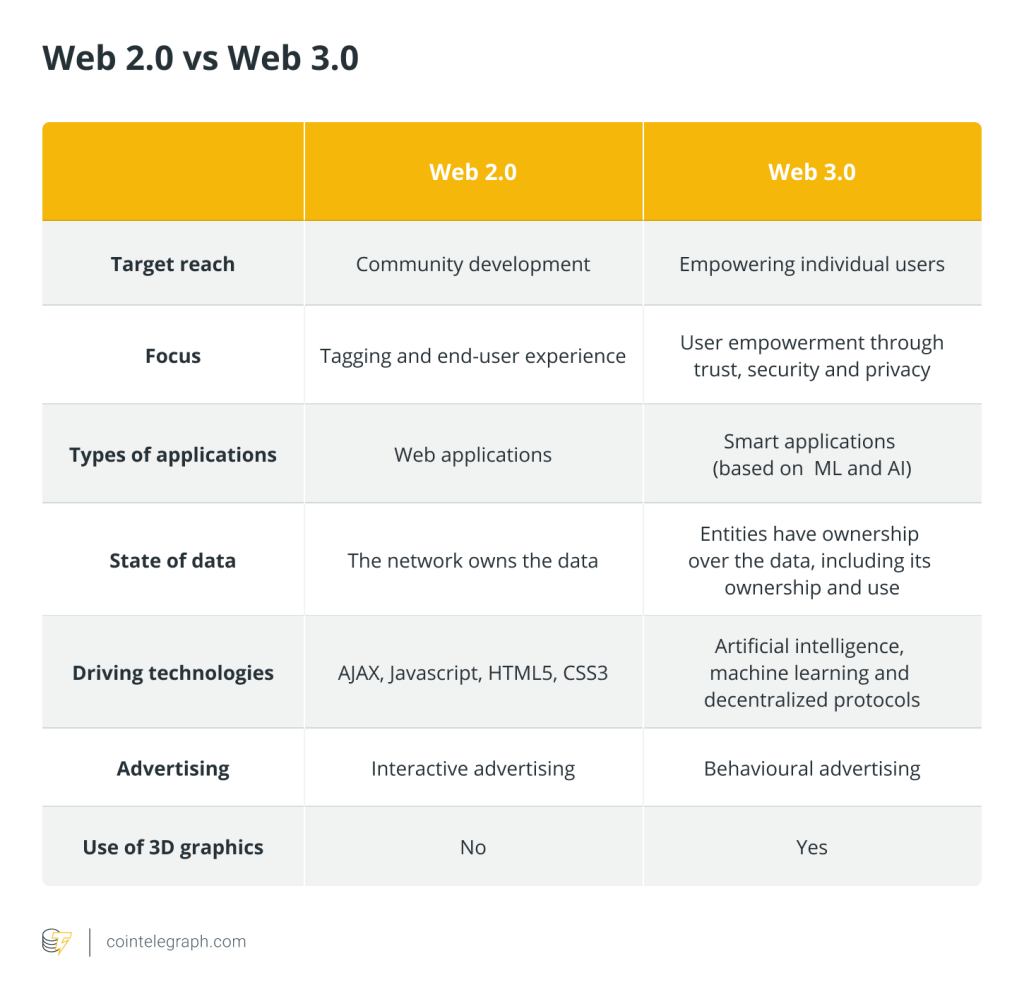
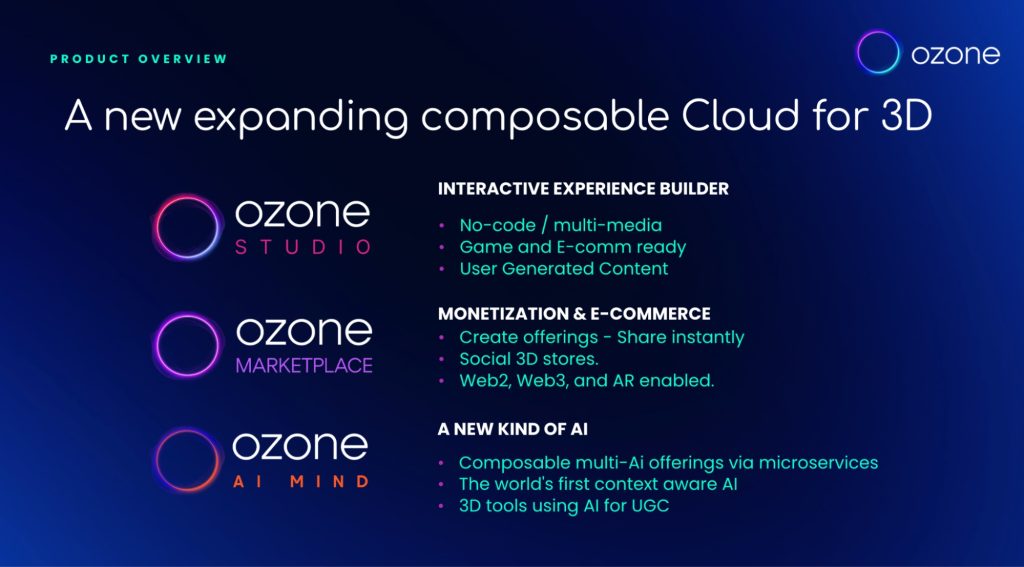
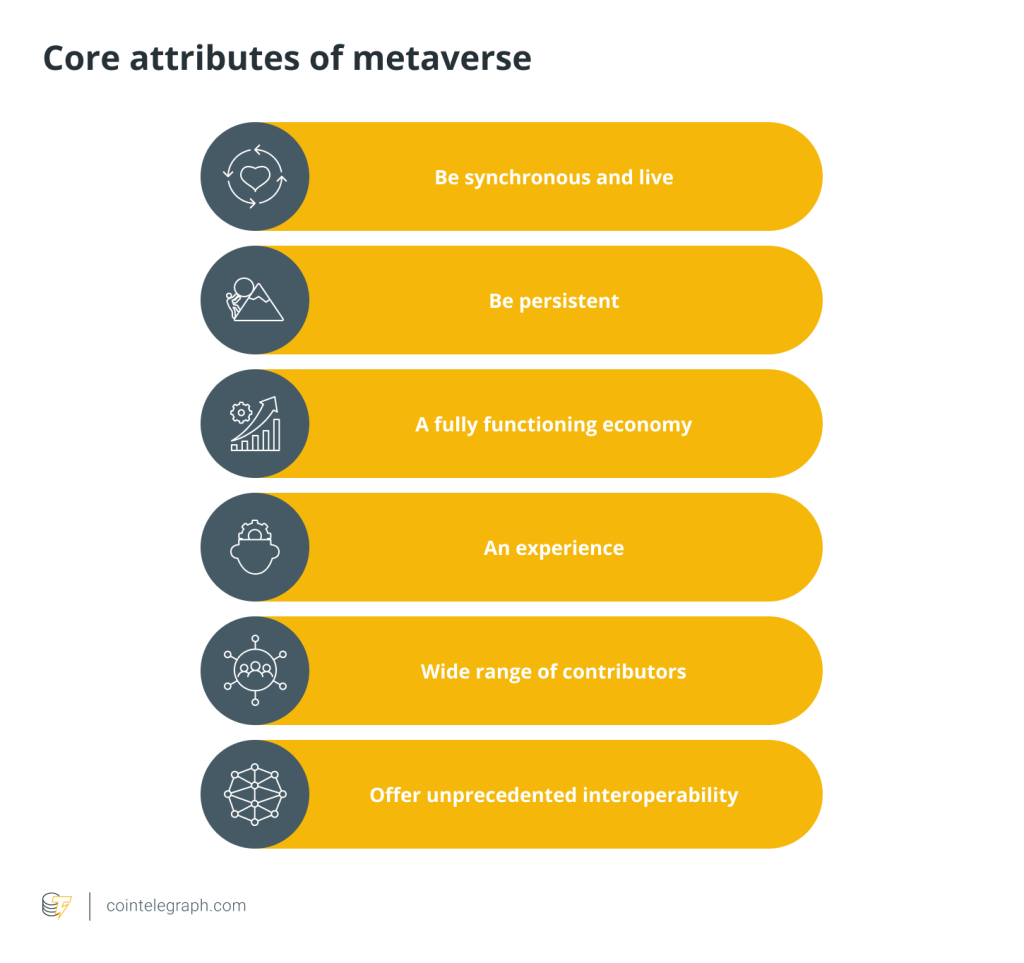
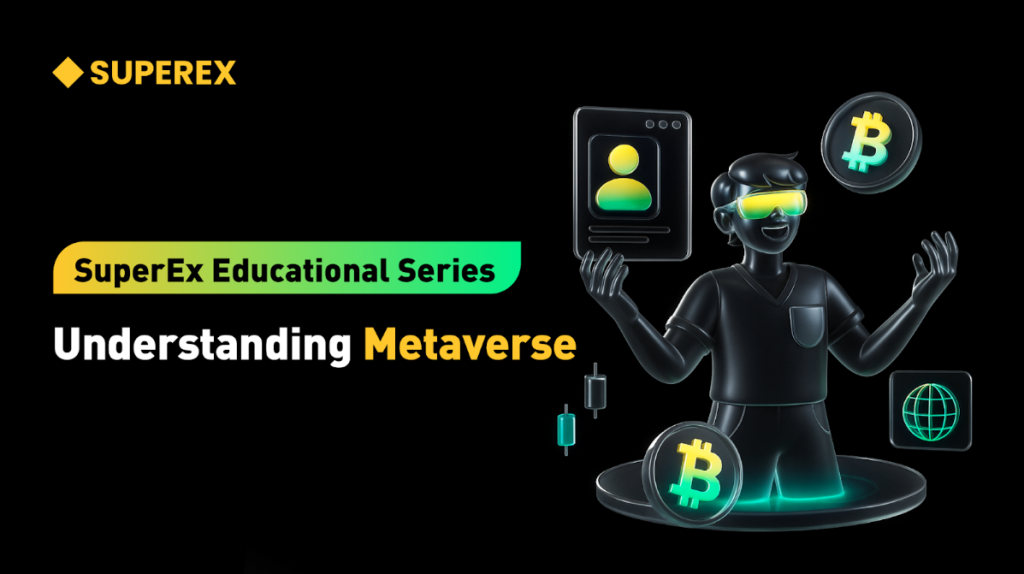
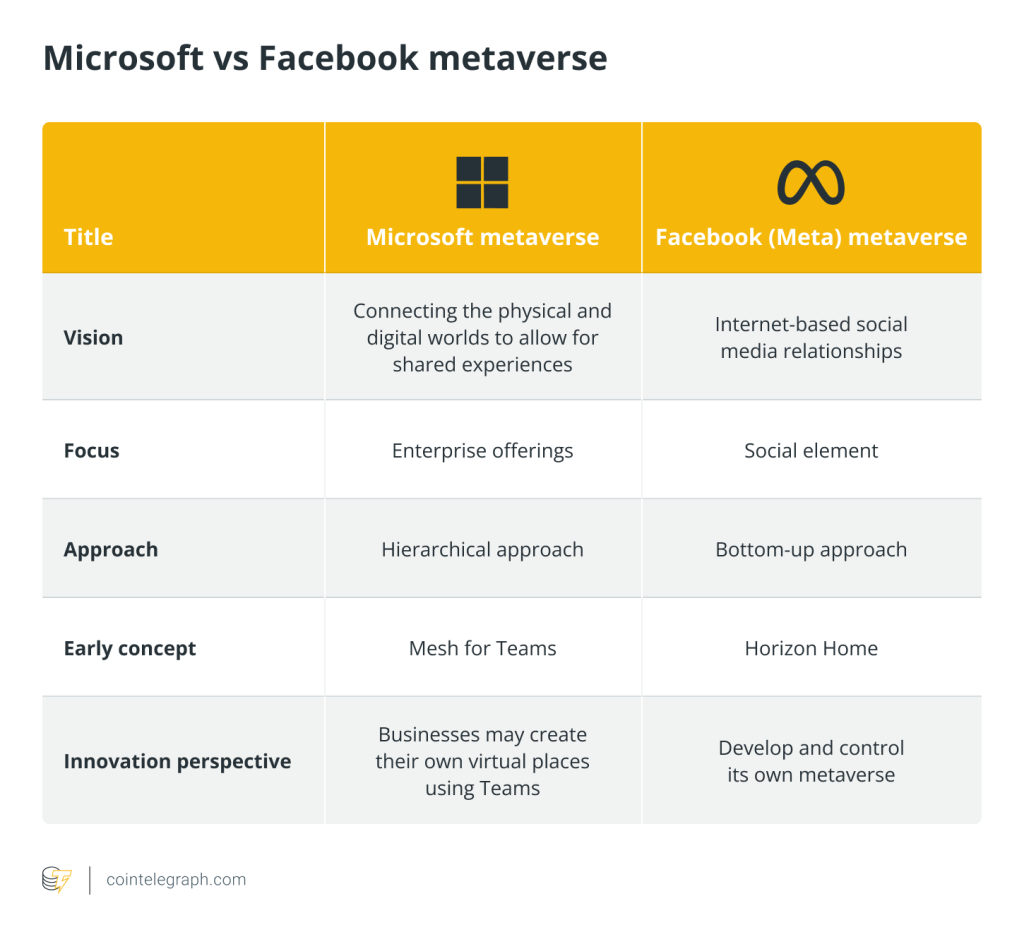
Responses